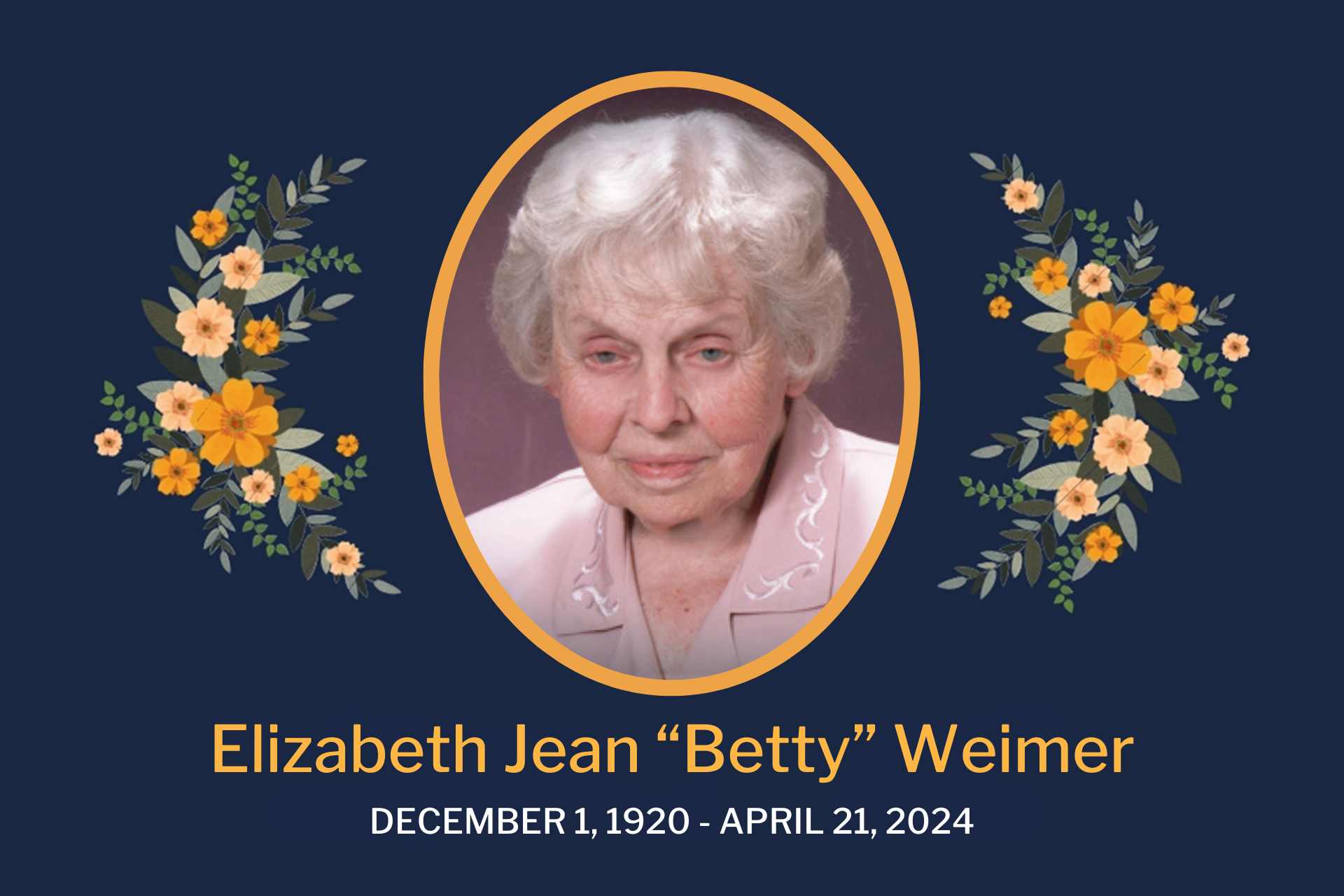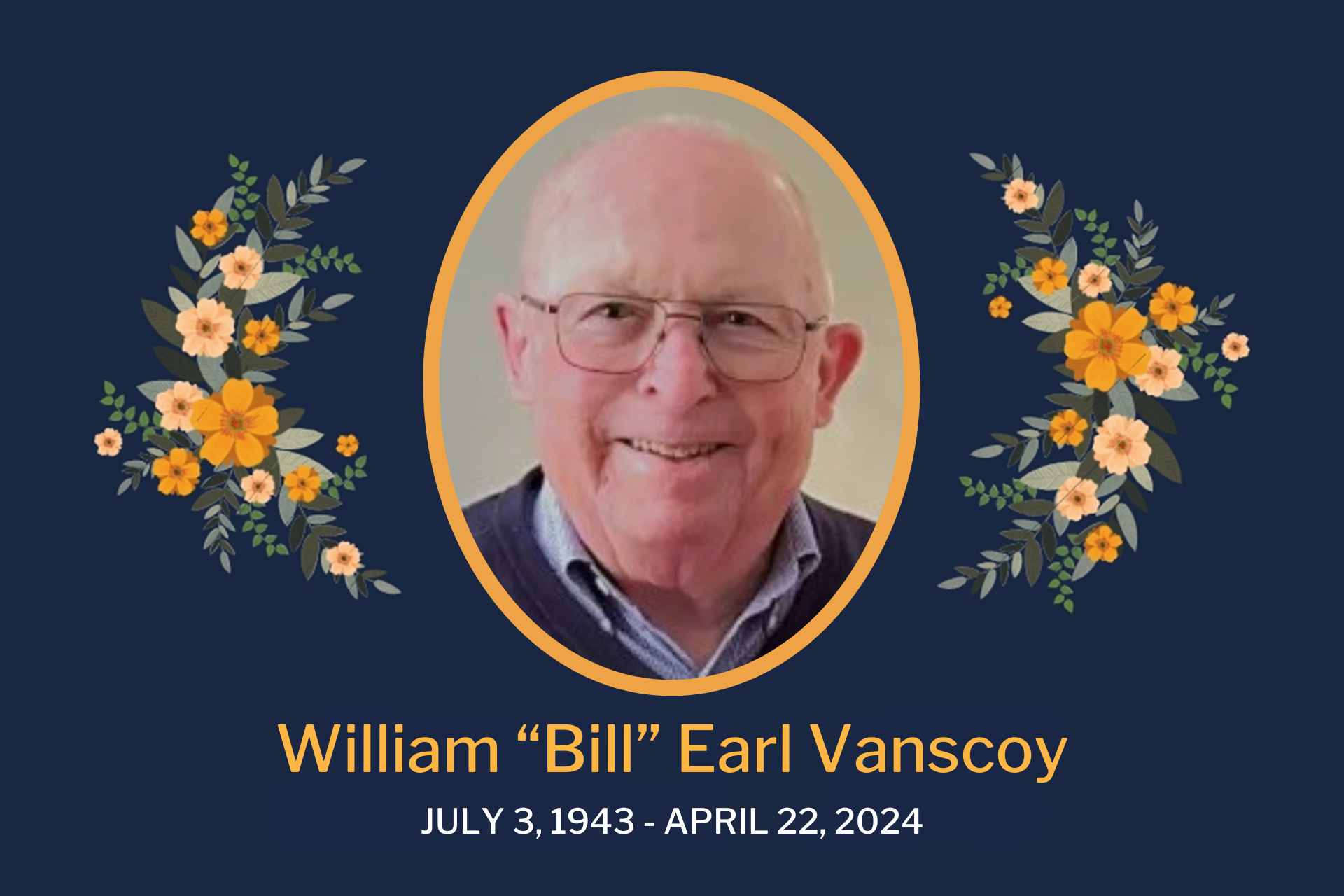BUCKHANNON – Less than a year after switching to a partially self-funded health insurance plan for its employees, the City of Buckhannon is switching back to a fully funded plan – this time through the Public Employees Insurance Agency.
In May 2019, council voted to transfer city employees’ health care coverage from longtime health insurance carrier Blue Cross Blue Shield to a partially self-insurance health insurance plan administered through Tawney Insurance and Consulting Services LLC.
However, during its March 19 meeting, city council voted unanimously to again move its employee health care coverage from its current provider, Tawney Insurance and Consulting, to PEIA.
Under the partially self-insured plan, the city assumed some financial responsibility and paid employees’ claims out-of-pocket up to a certain cap per employee per year, and city officials said that method was both costlier and more cumbersome than they expect a fully funded plan under PEIA to be.
A fully funded plan – like the one the city will switch to on July 1 – means an entity pays a set monthly premium; however, the cost of partially self-funded health insurance fluctuates depending on the cost and number of claims.
Pete Thackston, senior vice president with USI Insurance Services, attended the March 19 meeting to answer any council questions before members voted on the matter. Thackston also served as consultant to the Upshur County Commission when it recently switched from a fully self-funded health care plan to PEIA.
“In recent weeks, we’ve had conversations with Pete Thackston, who is senior vice president with USI Insurance Services, and is a consultant with the PEIA,” Mayor David McCauley said. “We’ve seen a lot of information about cost-savings without a compromise to our employees’ health insurance needs.”
The mayor said if the city switched from Tawney Insurance to coverage under the Public Employees Insurance Agency, the city would save about $500,000 annually.
Councilman CJ Rylands asked Thackston to explain the difference between an HSA, a health savings account, and an HRA, a health reimbursement account – two possible features under PEIA plans.
Thackston described an HRA as a “more limited form of assisting the employees and their dependents in that it is basically set up for medical, dental or vision expenses.”
Under an HRA, if a set amount of money allocated isn’t used by the employee, the money reverts back to the city.
“So, there’s no real flexibility other than what it’s doing is assisting in covering out-of-pocket expenses to play claims on an ongoing basis,” Thackston said. “It is city money … you apply ‘X’ amount to the plan for single or family. It is city money the whole time, but with the HSA it becomes the employees’ money.”
McCauley asked if employees might be more reluctant to seek medical care under an HSA because they’d be essentially spending their own money – not ‘city money.’
“Have you found with HSAs … that employees might be more reluctant with an HSA versus the other plan, to not pursue health stuff because it’s like, ‘I don’t want to tap into my money’?” the mayor asked.
Thackston said yes.
“On the HRA side, theoretically speaking, it’s free money, so ‘if I use it, I use it, if I don’t, I don’t,’” he said. “It’s free money. Conversely, the HSA is a much more flexible plan, if you will, because you can use it for savings, investing, etc. etc., not to mention that you can use it for premiums, for COBRA, Medicare down the road and that kind of thing.”
An HSA is a much “broader benefit” that’s tax-free if used for qualified purposes, Thackston said.
“Think of it as a 401k driven by medical,” he said.
Rylands said he thought an HSA could potentially shake out to be similar to a retirement plan.
“I think we’re kind of crossing a bridge over into an enhanced retirement account of some sort … [it seems like] we’re trying to do two things with one, and I’d like to try to delineate. I want to provide services yet be prudent with funds so we can continue to [cover] those deductibles.”
Councilman David Thomas said he wanted to point out that a $500,000 cost-savings wouldn’t equate to a lower quality of health care for employees.
“It’s not a reduction in quality of care but a comprehensive cost-savings,” Thomas said, “and I just want people to be aware of that.”
City finance and administrative director Amberle Jenkins said keeping the books for the current partially self-funded plan the city is not only more expense than a fully funded plan, but also more stressful.
“It is much more work to maintain records for this type of insurance, and I’m not an insurance agent, so it’s kind of uncomfortable to make decisions about coverage,” she said.
“The most recent question I had was about whether we were going to cover testing for the pandemic and how to fund that,” Jenkins added. “It’s become difficult and worrisome.”
The city will remain on its current plan through June 30, 2020, when it then expects to switch to PEIA.
“I think if the savings was $50,000, maybe we would scratch our heads a little but with half-a-million dollars in savings, I don’t know how we could do anything else,” McCauley said.
As of the end of the March 19 meeting, council hadn’t decided which plan under PEIA to select, but council members did vote unanimously to switch from partially self-insured to a PEIA fully funded plan.
Rylands made a motion to transfer health coverage to PEIA, effective July 1, 2020, which was seconded by councilwoman Pam Bucklew prior to passing unanimously.





















